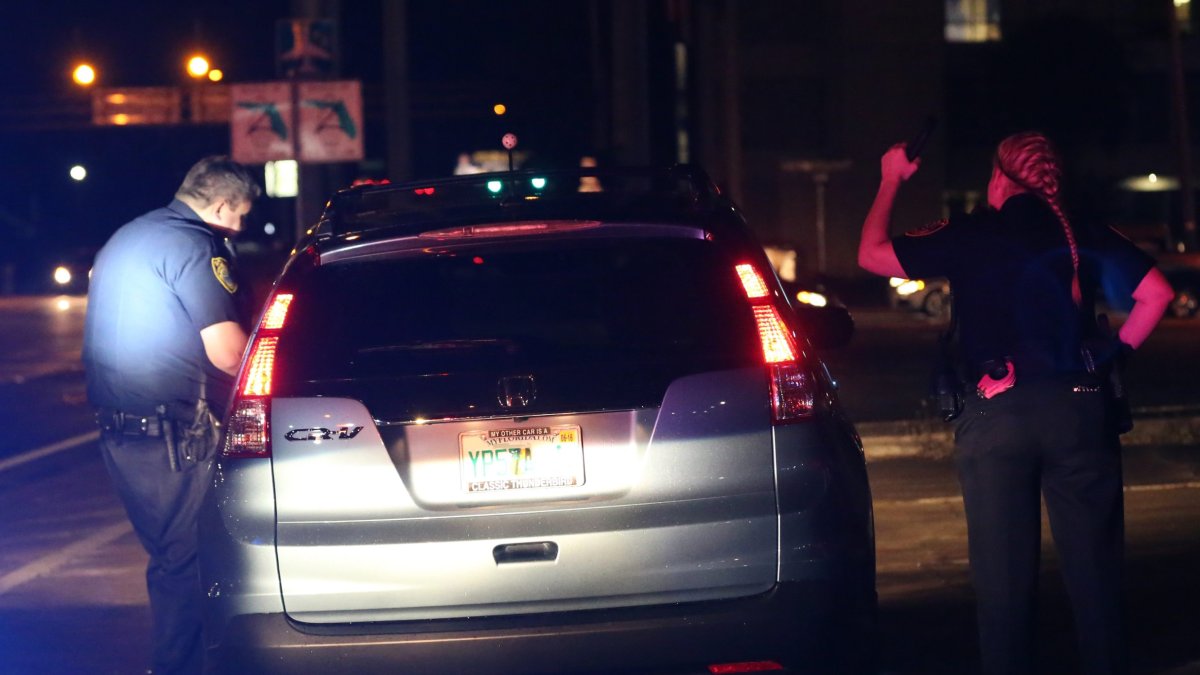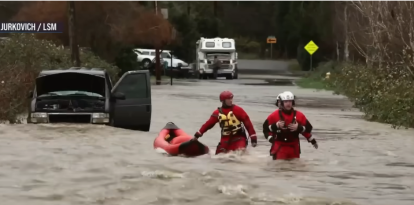Auto insurance rates skyrocket as number of illegals charged with traffic violations soars
An ICE report in response to Rep. Tony Gonzales shows that nearly 130,000 immigrants have been convicted or charged with traffic crimes.

Two officers stop a vehicle in Florida in a file photo.
The number of illegal immigrants convicted of or facing charges for driving offenses climbed to 130,000, while the price of auto insurance soared 15% in the first half of the year.
Number of immigrant theft offenses not apprehended by ICE grows
According to data provided by ICE to Texas Rep. Tony Gonzales, the agency's latest data indicates that as many as 77,074 illegal non-detained immigrants have been convicted on this count, while 49,269 are facing charges for some type of traffic offense. To these must be added another 1,090 convicted and 720 defendants who are currently detained by ICE.
In addition, the agency reported that 2,663 undocumented people who are not in custody were convicted of vehicle theft, and another 1,189 are facing charges in court for this cause.
Car insurance, 15% more expensive in the first half of 2024
According to a report by Insurify.com, insurance prices rose by 15% during the first half of 2024, despite the experts' prediction was that the cost was going to decrease in this period.
According to a US News report picked up by Breitbart, "Auto insurance rates are lowest in states with low out-migration, such as Maine, Idaho and Vermont, and highest in Florida and Louisiana, according to a report published in August on USNews.com." The site ranked Ohio as the fourth-cheapest state, "but that is expected to change" as a result of the increase in violations following the mass influx of Haitians, something Governor Mike De Wine has acknowledged.
"Again, Haiti is not [sic] a country [where] many people don’t drive at all. There aren’t that many cars per capita. And people who do drive in Haiti are very, very different than they are in the United States … So the challenge is to get driver training for these individuals so that when they do go on the road, you know they will be safe. We have a law in Ohio that says that once you turn 18, or if you’re over 18, you can get a driver’s license in the state — you have to pass a test, but you don’t have to have any driver’s training, which is kind of a big loophole in our law. It’s a real problem.”

























